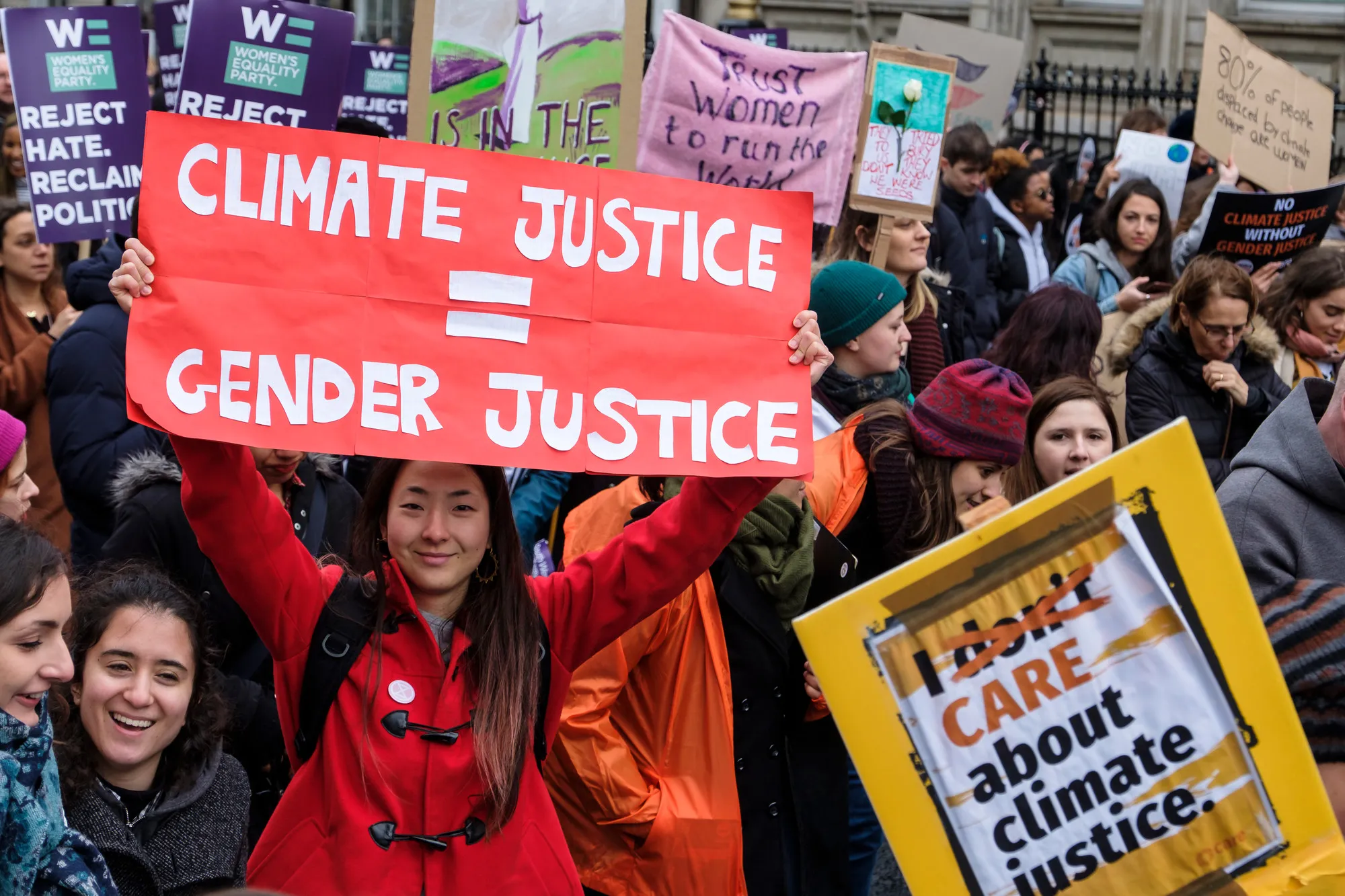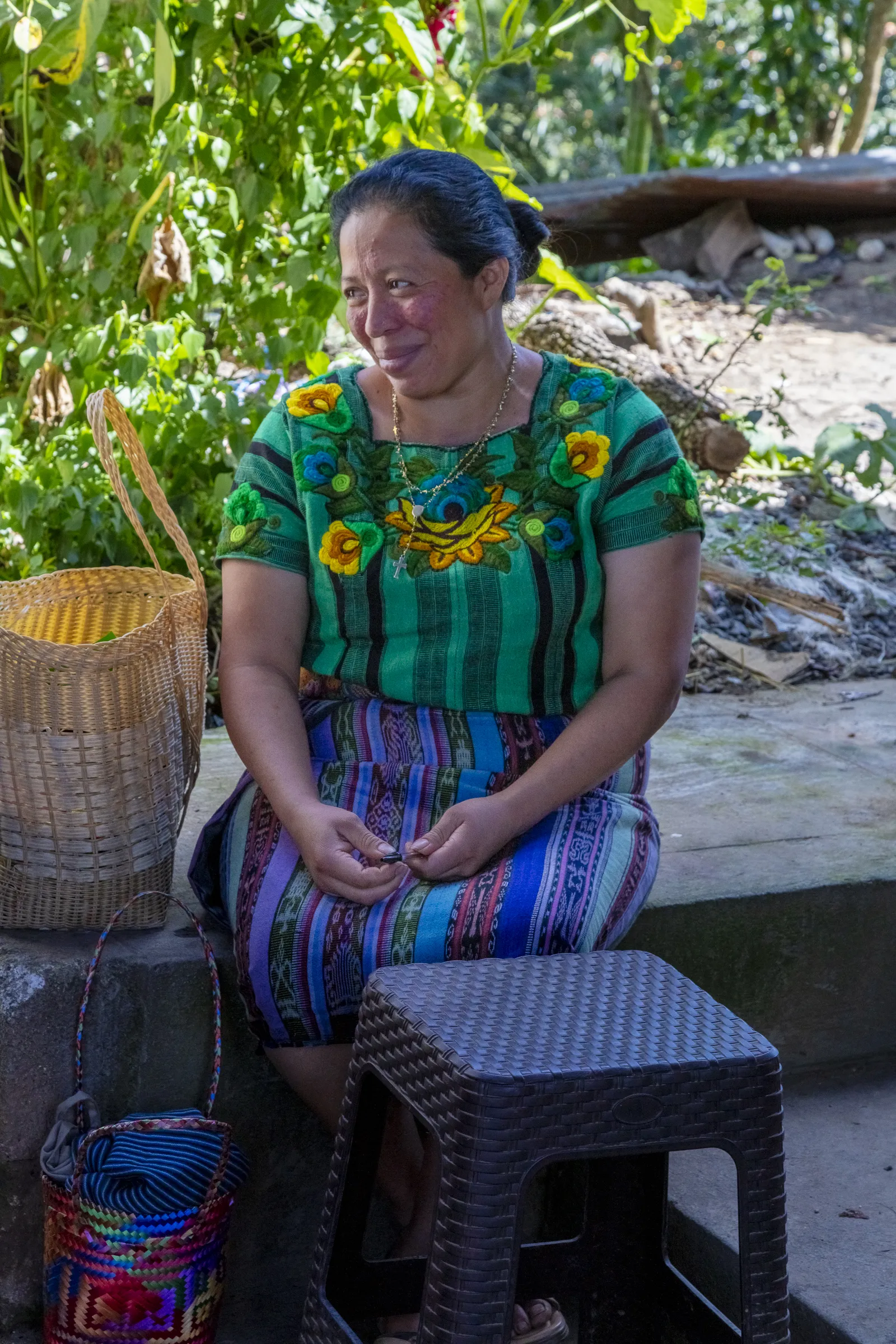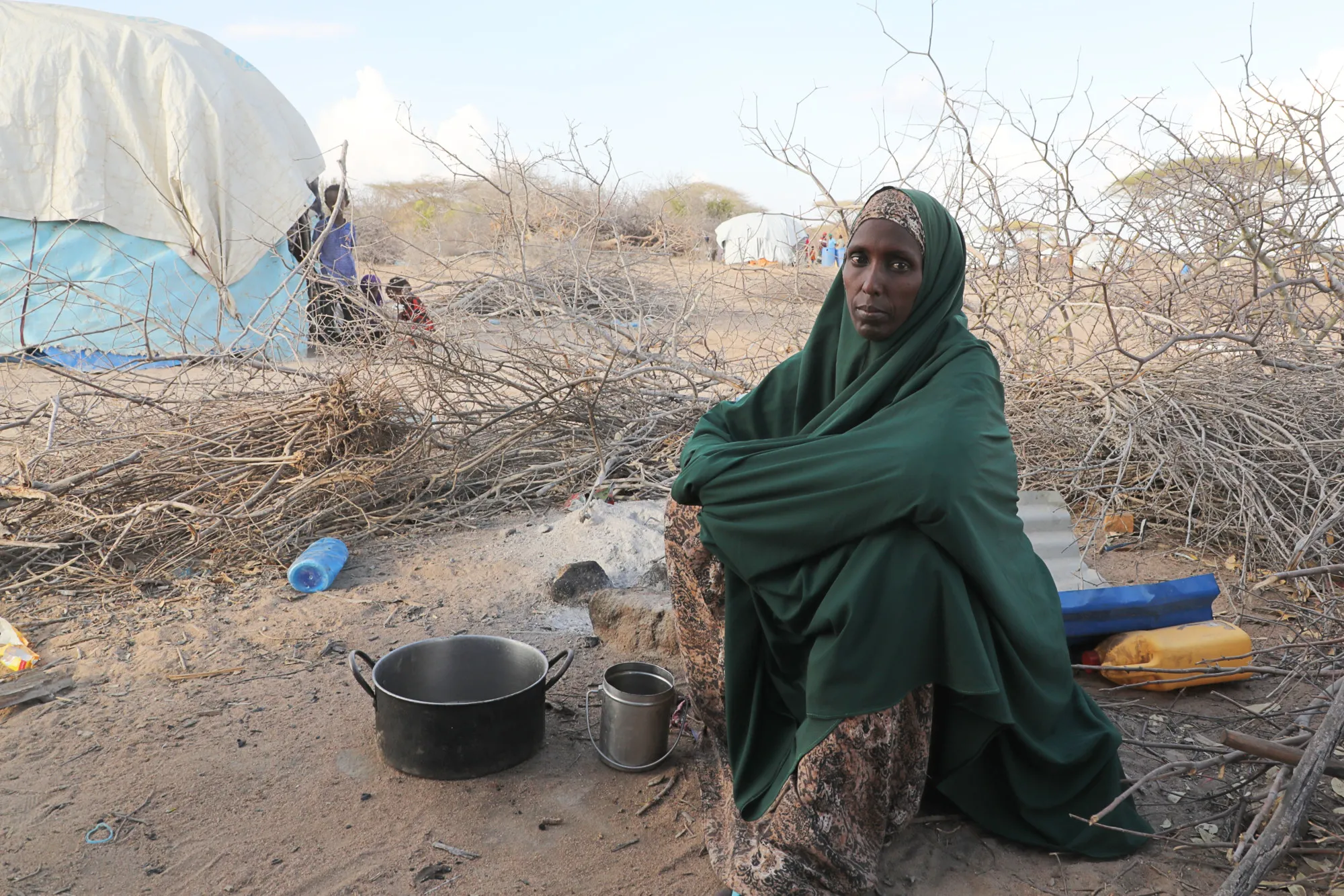We are disappointed to say that while COP27 made some progress recognizing the importance of gender justice, attendees ultimately took no collective action. Two weeks of negotiations on the Gender Action Plan (GAP) review ended with no substantial progress. This means that governments have left women and girls, who are the most impacted by the effects of climate change, on the margins of climate action.
The lack of progress in this crucial area has many faces. For Alida, a woman farmer in rural Guatemala, it means that she must diversify into other sources of income – in her case, traditional weaving – simply to maintain a livelihood. Around the world, in countries most vulnerable to climate change, yet least responsible for causing it, these kinds of stories are repeated over and over.



